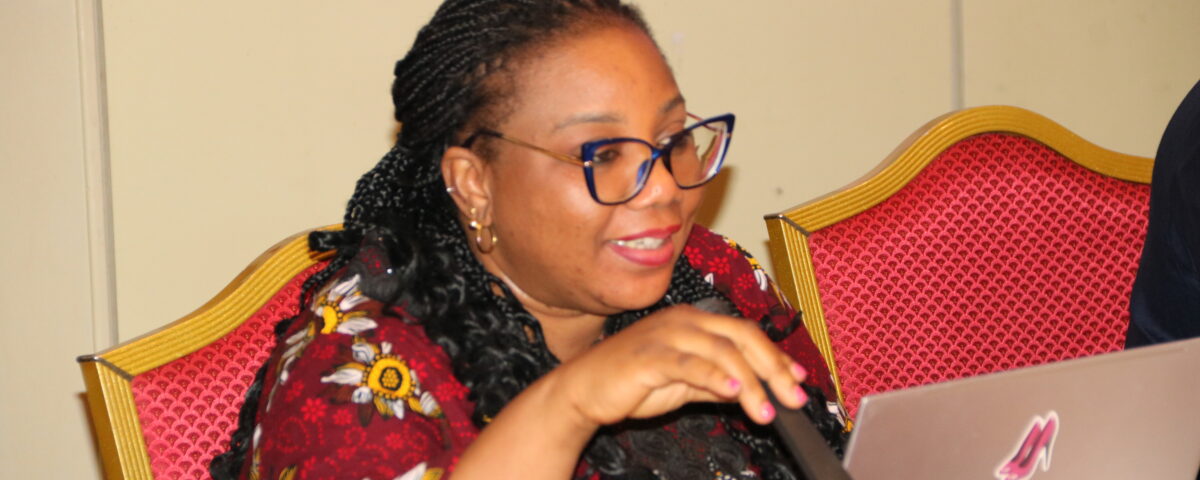The African Commission on Human and Peoples’ Rights (ACHPR) plays a pivotal role in safeguarding the rights of individuals and communities across Africa, particularly in the context of religious and traditional practices. As agents of peace and justice, religious leaders possess unique insights that can significantly contribute to the protection of these rights. This article outlines the essential provisions of the African Charter, the roles of religious and traditional leaders, and the mechanisms available for addressing cultural and religious rights issues.
The African Charter’s Provisions
The African Charter on Human and Peoples’ Rights emphasizes the importance of non-discrimination, including religious discrimination. Article 8 guarantees freedom of conscience, profession, and free practice of religion, while also acknowledging that not all cultural practices align with human rights standards. The Charter mandates that states support families as custodians of culture and tradition, recognizing both communal rights—entitlements that belong to groups—and individual cultural rights. Furthermore, it highlights environmental rights, asserting that individuals have a right to a protected environment conducive to their cultural practices[4][6].
The Role of Religious Leaders
Religious and traditional leaders are crucial in advocating for human rights within their communities. They can leverage their influence to address issues related to cultural and religious rights by submitting communications to the ACHPR when violations occur. The Commission’s resolutions have recognized minority groups and emphasized the need for their protection, particularly in decision-making processes where their voices must be heard.
Landmark Cases and Best Practices
Mrs. Abiola Idowu Ojo discussed significant cases that illustrate the Commission’s role in human rights protection. A notable example is the 2010 decision favoring the Endorois community in Kenya, where the ACHPR found that the government had violated their rights under the African Charter. This case underscores the Commission’s commitment to upholding indigenous rights according to international best practices.
Conditions for Limiting Rights
The ACHPR outlines four conditions under which a state may lawfully limit rights: legality, legitimate aim, necessity and proportionality, and non-discrimination. Article 30 establishes a clear mandate for the Commission to protect human rights across member states, with all but one state ratifying the Charter.
Engaging with the Commission
Religious leaders are encouraged to engage actively with the ACHPR by participating in initiatives aimed at empowering them to advocate effectively for human rights. Training programs focus on enhancing their capacity to address pressing issues such as conflict resolution, gender-based violence, and human rights violations within their communities.
By utilizing special procedures established by the African Commission for Religious and Traditional Rights, religious leaders can play a transformative role in promoting democracy, rule of law, and human rights across Africa. Their unique position allows them to bridge cultural practices with universal human rights standards, ensuring that all individuals can enjoy their freedoms without discrimination.


